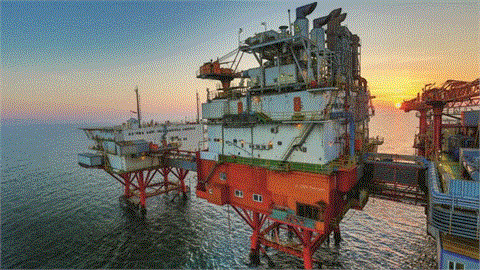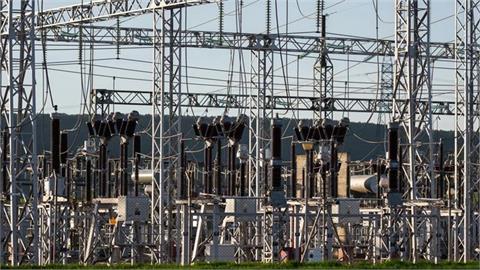Pipe corrosion could prove a problem for the sub-sea section of the Nord Stream pipeline if sea water penetrates the infrastructure, potentially leading to leakages in the future, according to Gal Luft, the co-director of US-based Institute for the Analysis of Global Security on Monday.
Luft told Anadolu Agency that although undersea infrastructure, like pipelines and internet cables, is extremely vulnerable being exposed to attacks and sabotage, the pipes of the Nord Stream lie in relatively shallow waters, so in principle can be fixed.
'We will not be able to know how long it will take to repair the damage until divers go down to properly assess it,' he said.
Various sensors can be installed but are costly, making pipelaying and maintenance expensive, he said.
Regardless, he maintained that corrosion from inside the tube could eat the seals and connectors linking the segments of the pipes and could lead to leaks in the future.
'It is entirely possible that the pipeline will be found unusable or that the cost of repair is too high especially when the pipes barely generate revenues,' he warned.
Reports of four leaks have been made on the Russian-owned Nord Stream 1 and Nord Stream 2 pipelines off the coasts of Denmark and Sweden, with ships warned not to approach the area.
Both countries and the EU said there were signs that the leaks were the result of deliberate action and not accidental.
Russia stopped natural gas deliveries through the Nord Stream 1 pipeline on Aug. 31, citing the inability to tackle the necessary maintenance.
(Anadolu Agency, October 3, 2022)



